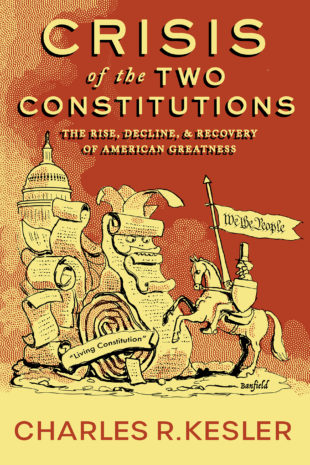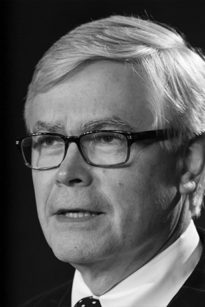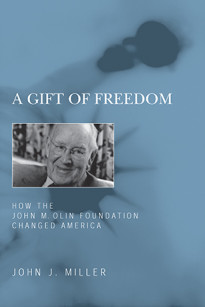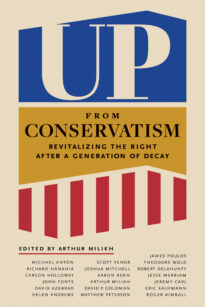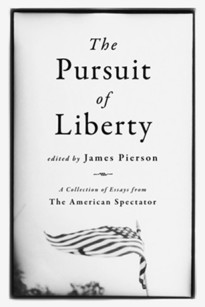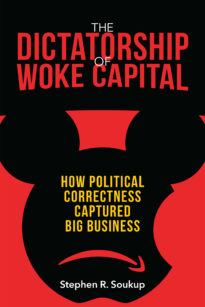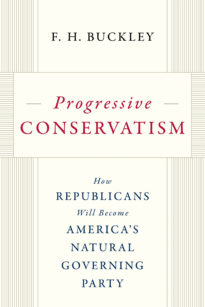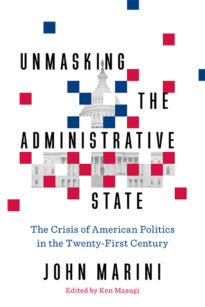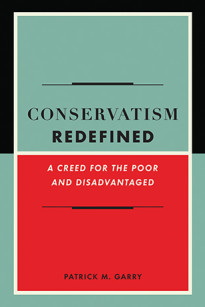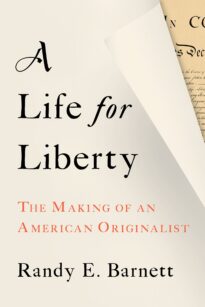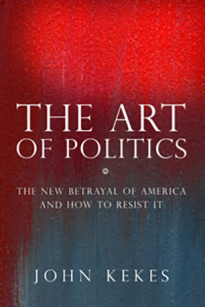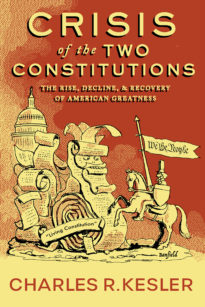The Founders and the Classics
Constitutionalism in the United States today is often thought to be a matter for the courts, which in the course of deciding cases must often pronounce on the meaning of the Constitution. Indeed, judges are not the least of those who think this way, being willing to assume the burden of interpreting, enforcing, and updating the Constitution almost alone. Their solicitude might be accepted as noblesse oblige were there more noblesse to it; as it is, the obligations seem to be wholly on the part of the people of the United States, by and for whom the Constitution was made the fundamental law, and not on the part of judges, especially Supreme Court justices, who are sworn to uphold that law.
To this complaint, the liberal members of the Court who are not ashamed to be called “judicial activists” might respond that the Constitution’s meaning is not necessarily the same thing as its Framers’ intentions, that in any case the Framers’ intentions will probably not square with the political agenda of the Court’s contemporary critics, and that the best guide to the meaning of the Constitution today is a moral and political theory that is in touch with today’s conditions, a theory which can be found in law schools and in certain philosophy departments. According to this view, it is necessary to add a political theory to the Constitution either because the document itself lacks one (the wording of the Preamble is vague, the meaning of “due process” and “equal protection” is mysterious, and so forth), or because the Constitution’s own theory is acquainted and undemocratic (embodying the eighteenth century’s commitment to the defense of the property and to the Lockean or even Hobbesian view of man as irredeemably self-interested).
Strangely, the conservatives’ response to this critique has been not so much to dispute as to celebrate it. They have either agreed that the Constitution contains no theory and in fact stands oppressed to all abstract theories, or have rejoiced in the Constitution’s no nonsense commitment to the Lockean or Hobbesian view of man and of Americans as base but reliable. True, the partisans of judicial restraint do draw opposite conclusions from the same analysis of the Constitution, but there is less to this opposition than meets the eye: the conservatives want laws made by legislative majorities, the activists want judge-made law, but neither side seems to doubt the law is whatever the law-making authority says it is. In short, the premises of both activism and restraint are grounded in a theory of legal positivism, which under the pressure of adapting to changing circumstances becomes either fast-forward or slow-motion historicism.
To escape the confines of the contemporary debate therefore requires that we reopen basic questions that we have long assumed answers for: questions like, “Is there a political theory of the Constitution of the United States?” Before we can take up that inquiry, however, an even more basic one presents itself: Is there such as a thing as political theory? At least according to one great student of constitutions, the answer would seem to be no. For Aristotle, theory, theoria, means observation or contemplation, and particularly the contemplation of the highest things in nature; it is the leisured activity of studying those things which cannot be other than they are, which are not directed to any end that is attainable by action. Theoretical wisdom, he writes, “will contemplate none of the things that will make a man happy (for it is not concerned with any coming-into-being).” Politics, by contrast, is concerned with the human good, with happiness understood as living well in accordance with virtue; and justice, the political virtue par excellence, is partly by nature, partly not, yet “all of it is changeable.” “Political theory” would therefore appear to be a contradiction in terms, a combination of the human and changeable with the divine (or suprahuman) and unchangeable. Yet Aristotle does speak of political science and political philosophy, which receive justification and guidance from the fact that, despite the variety of actual regimes, there is “one which is everywhere by nature the best.” Political science is a practical science, whose goal is not to study the things that ought to be done, for the sake of study, but to do them, to teach men to possess and use virtue, to help men to become good. But the good for man is an object of study, even as how best to make men good is an object of study. The union of the two is the culmination of political science as well as the standard of the political art: the idea of the best regime.
